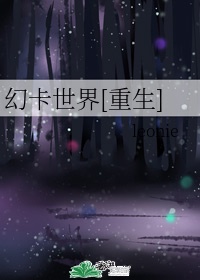
《Tickle Abuse: Laughter or Abuse?》Recently, a controversial video has gained attention on social media platforms. The video, titled "Tickle Abuse," has sparked a heated debate among viewers worldwide. In this article, we will delve into the video's content, discussing whether tickling can be classified as laughter or abuse.In the video, several individuals are seen being tickled relentlessly against their will. The laughter and screams of the victims fill the air, creating a disturbing and uncomfortable atmosphere. Viewers are divided in their opinions on whether this constitutes a harmless prank or a form of abuse.Supporters of the video argue that tickling is a common, playful activity that can lead to laughter and enjoyment. They believe that the victims' laughter in the video is a sign of happiness rather than distress. According to them, tickling can be seen as a harmless prank among friends or family members, promoting bonding and laughter.However, critics argue that the video crosses ethical boundaries and can be classified as abuse. They assert that the victims' laughter does not necessarily indicate pleasure, but rather a reflexive response to being tickled. The absence of consent is a crucial factor in determining whether an action is abusive or not. In this case, the victims are clearly being tickled against their will, raising concerns about consent and personal boundaries.Tickling can be a sensitive topic for many individuals due to its association with power dynamics and invasion of personal space. Advocates for those who find tickling uncomfortable argue that it can trigger feelings of helplessness, anxiety, or even past traumas. Therefore, it is crucial to respect an individual's personal boundaries and obtain their consent before engaging in any tickling activity.To reach a conclusion on whether the video showcases laughter or abuse, it is necessary to consider the intention behind the actions. If the tickling is performed with the intention of causing harm or emotional distress, then it can undoubtedly be classified as abuse. On the other hand, if the act is carried out with consent and mutual understanding, it can be seen as a lighthearted form of laughter and play.In conclusion, the debate surrounding the "Tickle Abuse" video brings to light the complexity of tickling as an activity. While some argue that it is harmless and promotes laughter, others view it as an invasion of personal space and a potential trigger for distress. Ultimately, it is essential to prioritize consent and respect individuals' boundaries to ensure that tickling remains a lighthearted and enjoyable activity for all parties involved.











